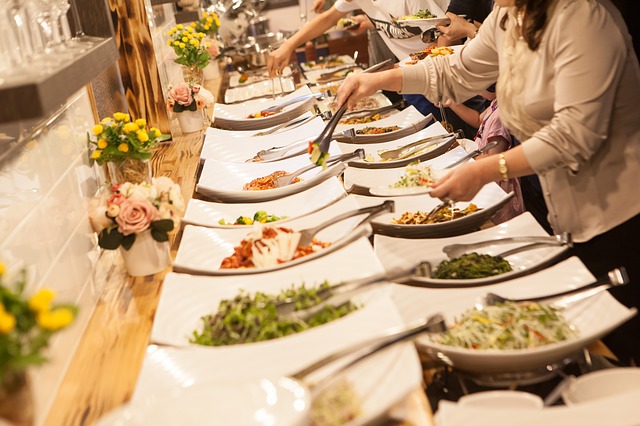- Sustainable Planet -
- 4mins -
- 535 views
How South Korea has increased food waste recycling levels from 2% to 95% since 1995
South Korea has increased food waste recycling levels from 2% to 95% since 1995.
Winning The Battle Against Food Waste
South Korea now operates one of the most rigorous food waste recycling programs in the world
The South Korean government banned sending food to landfills in 2005, and in 2013 the government introduced compulsory food waste recycling using special biodegradable bags. Today, an impressive 95% of food waste is recycled—a gigantic leap from less than 2% in 1995. The capital city, Seoul, has managed to cut the amount of food waste produced by 400 metric tons per day.
How South Koreans recycle 95% of the food waste they generate
A recent report by the World Economic Forum identified cutting food waste by up to 20 million tonnes as one of 12 measures that could help transform global food systems by 2030.
South Korea is taking a lead in this area, currently recycling 95% of its food waste.
But it wasn’t always this way in the country, reports WEF. The mouth-watering array of side dishes that accompany a traditional South Korean meal – called banchan – are often left unfinished, contributing to one of the world’s highest rates of food wastage.
South Koreans each generate more than 130kg (287lbs) of food waste each year.
By comparison, per capita food waste in Europe and North America is 95-115kg (210-254lbs) a year, according the Food and Agricultural Organization of the United Nations.
However, the South Korean government has taken drastic action to ensure the mountain of wasted food is recycled.
In 2005, dumping food in landfill was banned, and in 2013 the government introduced compulsory food waste recycling using special biodegradable bags. An average four-person family pays $6 a month for the bags, a fee that helps encourage home composting.
The bag charges also meet 60% of the cost of running the scheme, which has increased the amount of food waste recycled from 2% in 1995 to 95% today. The government has approved the use of recycled food waste as fertiliser, although some becomes animal feed.
Source: WorldEconomicForum

Smart bins: how technology has played a leading part in the success of the scheme
In the country’s capital, Seoul, 6,000 automated bins equipped with scales and Radio Frequency Identification (RFID) weigh food waste as it is deposited and charge residents using an ID card.
The pay-as-you-recycle machines have reduced food waste in the city by 47,000 tonnes in six years, according to city officials.
Residents are urged to reduce the weight of the waste they deposit by removing moisture first. Not only does this cut the charges they pay – food waste is around 80% moisture – but it also saved the city $8.4 million in collection charges over the same period.
- Waste collected using the biodegradable bag scheme is squeezed at the processing plant to remove moisture, which is used to create biogas and bio oil.
- Dry waste is turned into fertiliser that is, in turn, helping to drive the country’s burgeoning urban farm movement.
Urban farms on the rise
The number of urban farms or community gardens in Seoul has increased sixfold in the past seven years.
They now total 170 hectares – roughly the size of 240 football fields.
Most are sandwiched between apartment blocks or on top of schools and municipal buildings. One is even located in the basement of an apartment block. It is used to grow mushrooms.
The city government provides between 80% and 100% of the start-up costs.
As well as providing food, proponents of the scheme say urban farms bring people together as a community in areas where residents are often isolated from one another. The city authorities are planning to install food waste composters to support urban farms.
Source: WEForum.org

